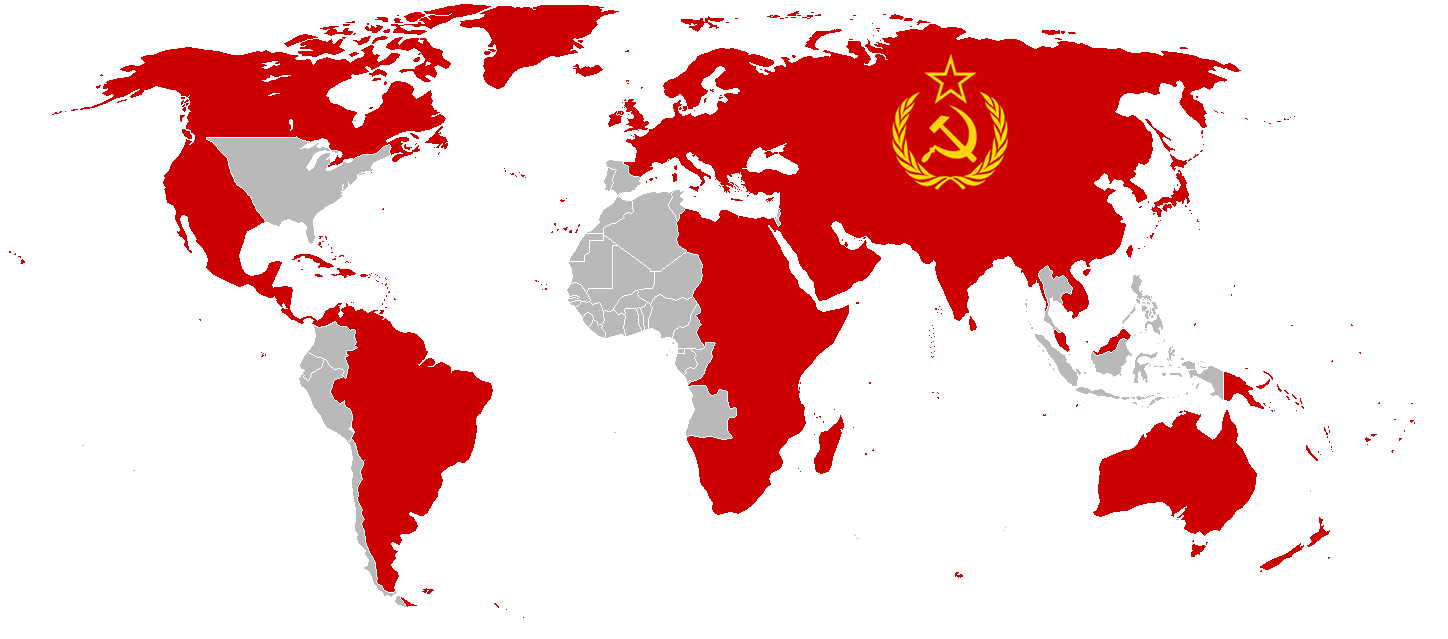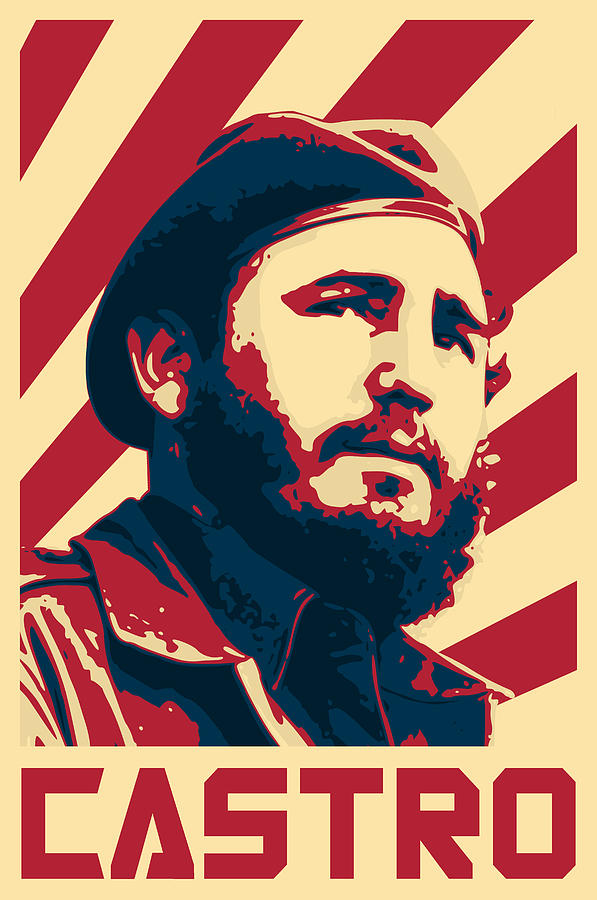I’m an ML, but this just feels like mining a Marx quote out of context, in an unrelated discussion, to have a silly tendency battle.
Isn’t having silly tendency battles one of the corner stones of Marxisme though
Marxisme
Your opinion has been disregarded for being excessively Fr*nch :smuglord:
Excuse me I’m Dutch though that may be even worse
Not sure how that “wipes out Maoists” but I like the quote.
The full context of the quote:
Interviewer: In a lecture lately upon the subject, [Reverend Joseph Cook] said,
Karl Marx is credited now with saying that, in the United States, and in Great Britain, and perhaps in France, a reform of labor will occur without bloody revolution, but that blood must be shed in Germany, and in Russia, and in Italy, and in Austria.
Marx: (Smiling.) No socialist need predict that there will be a bloody revolution in Russia, Germany, Austria, and possibly Italy if the Italians keep on in the policy they are now pursuing. The deeds of the French Revolution may be enacted again in those countries. That is apparent to any political student. But those revolutions will be made by the majority. No revolution can be made by a party, but by a Nation.
I honestly do not know enough trotskyists or maoists (or what Roderic Day thinks they believe) to make a comment on whether or not this quote actually counteracts them. Maybe it counters the Maoist idea of PPW (which obviously has failed to gain popularity amongst the masses in many countries where it was tried).
Maybe it counters the Maoist idea of PPW
I prefer the Hexbearist idea of PPB myself
Nation in that sense, that the basis for the revolution is not simply the party alone. The Bolsheviks were a minority for a long time.
But they gained support from the nation fast. I mean, many peasants supported the Bolsheviks instantly after the revolution 1917 because they adopted the program of the social revolutionary party regarding expropriation of the Kulaks and and and. Social revolutionaries did nothing about that, when they had power. This was a smart move for real. It showed the peasants, that bourgeois parties promise many things but betray in the end. While the Bolsheviks took this part from the SRs program and enforced it trough a decre.
This is one of many examples. The Bolshevik party lead the revolution, but the revolution was achieved by the population of zarist Russia in the end, by the proletarian, peasents and the smaller progressive part of the petite bourgeoisie. You can call it “Nation” of course. But the meaning of “Nation” here is not an alliance between all classes, what probably some pseudo-left liberal would understand. That’s the reason why he said:"
But those revolutions will be made by the majority.".And that’s absolutely true. I don’t know of any tendency which would disagree here, maybe your usual pseudo-left liberal, but I already mentioned it.
well put
The Patsocs will weaponise this for legitimacy, with their usual weird conflation of states with nations etc.
Seen patsocs throw this one around every once and a while. Completely misunderstanding it as usual of course
lol yup









